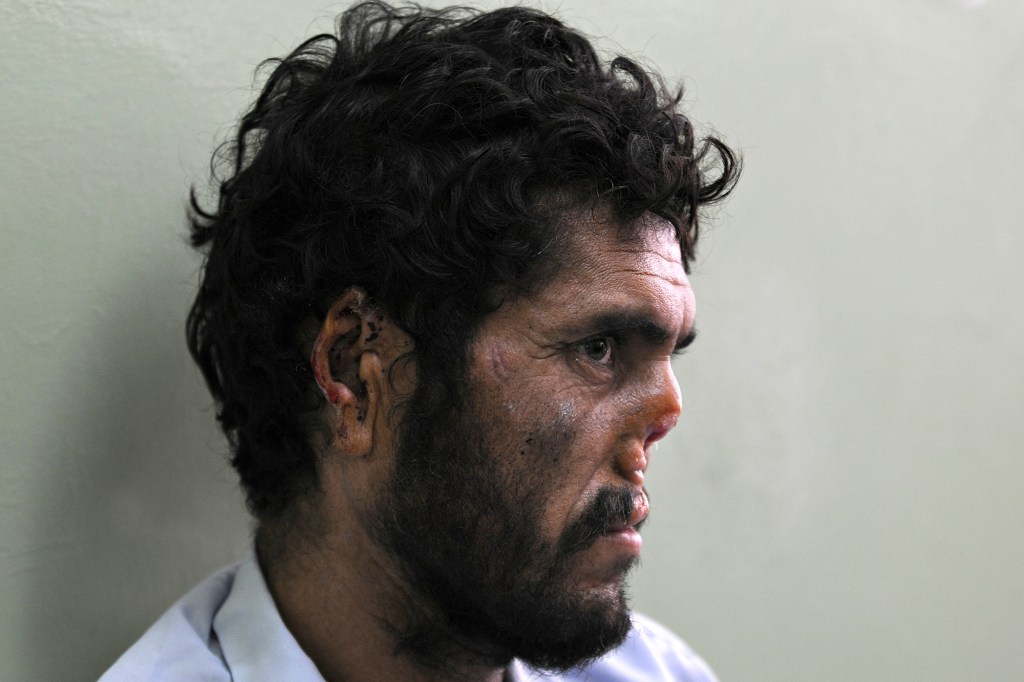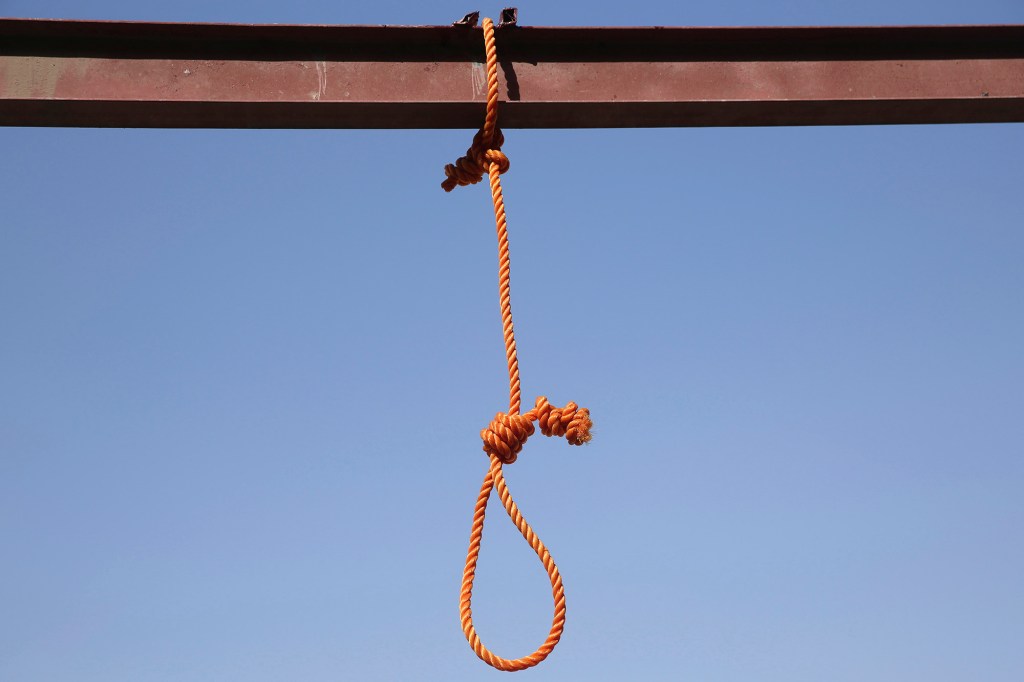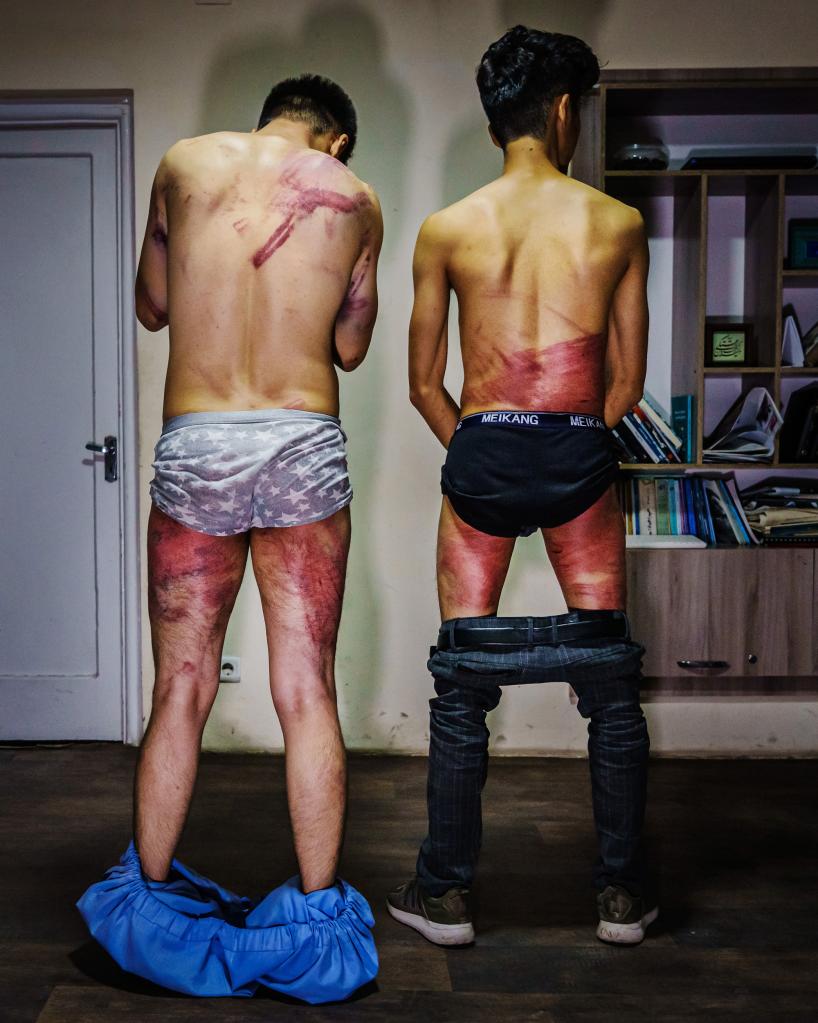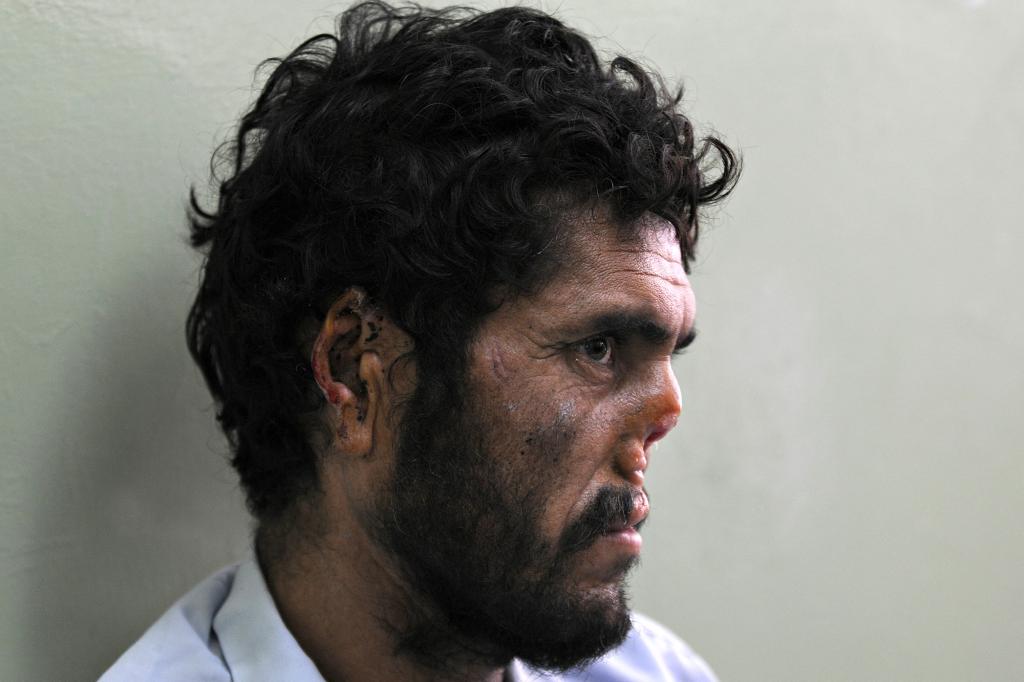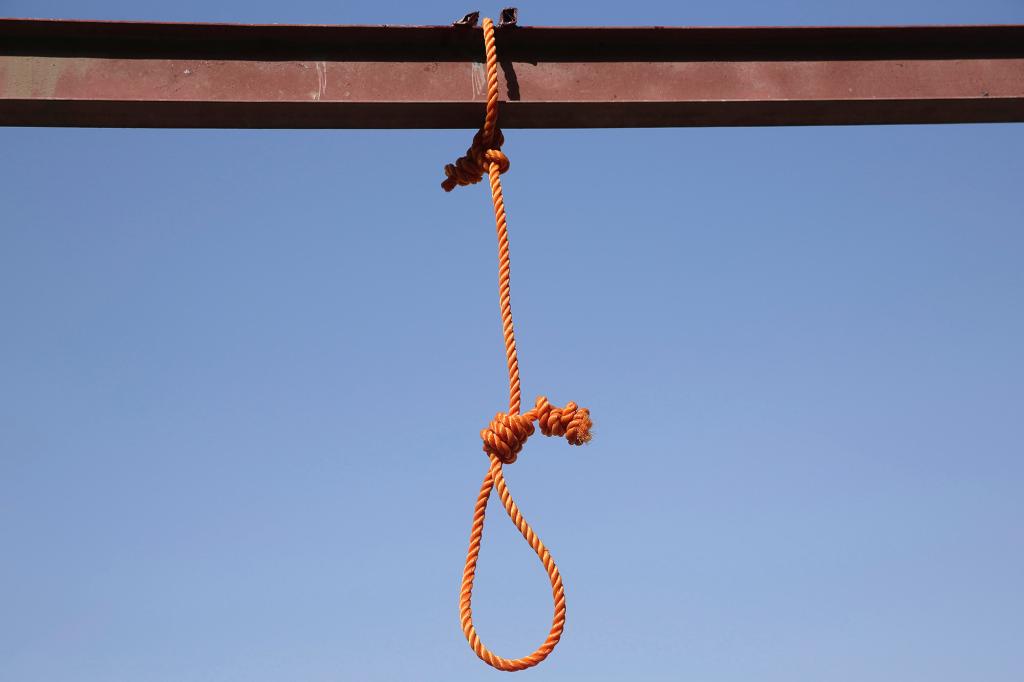Taliban official says regime is bringing back executions, amputations
Contact The Author
The Taliban will once again resort to executions and amputations to enforce a strict interpretation of Islamic law — though possibly not in public, one of the group’s founders said in a new interview.
Mullah Nooruddin Turabi, the one-eyed, one-legged enforcer who was in charge of justice during the Taliban’s brutal rule two decades ago, warned the international community not to interfere with the new regime in Kabul.
“Everyone criticized us for the punishments in the stadium, but we have never said anything about their laws and their punishments,” Turabi told the Associated Press from the capital.
“No one will tell us what our laws should be. We will follow Islam and we will make our laws on the Quran,” he added.
Since taking power Aug. 15, the Taliban have sent a collective shudder among Afghans by reinstating the Ministry for Propagation of Virtue and Prevention of Vice, which had been abolished following the US occupation.
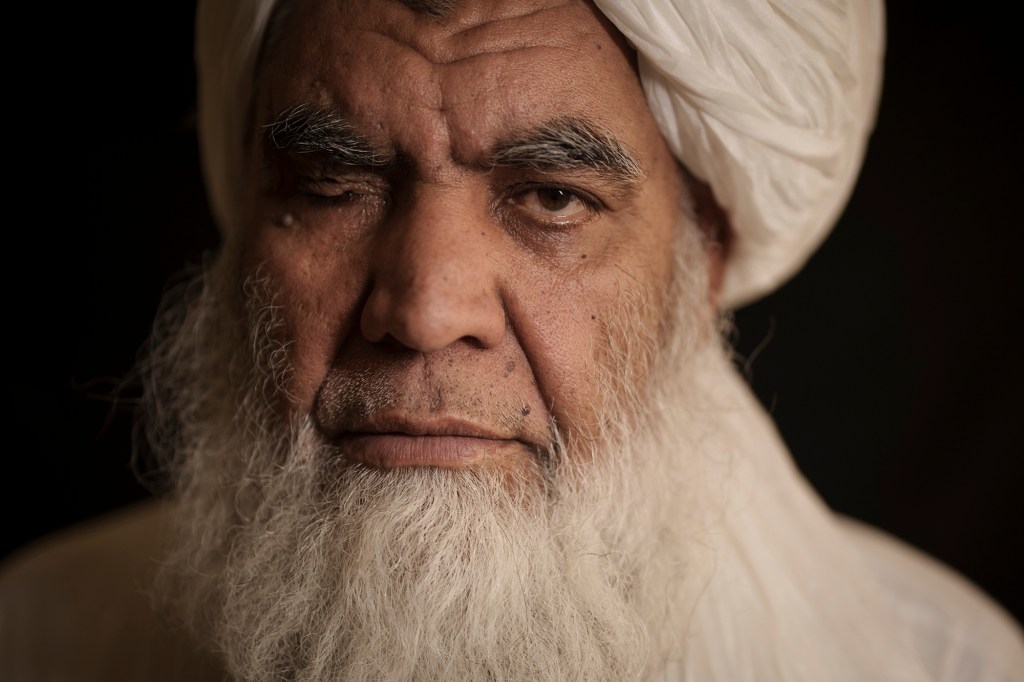
From 1996 to 2001, the ministry enforced stringent restrictions on women, who were forced to wear the burqa, forbidden from leaving their home without a male relative, and banned from education beyond the sixth grade.
The ministry, which was headed by Turabi at the time, also brutally imposed prayer times, mandated that men grow beards, and prohibited music, smoking and other forms of entertainment.
During his time at the helm, the world condemned the extremists’ punishments — public spectacles that took place in Kabul’s sports stadium or on the grounds of the Eid Gah mosque.
Convicted murderers were usually executed with a single shot to the head, carried out by the victim’s family, who had the choice of accepting “blood money” and allowing the person to live.
Convicted thieves had a hand amputated, while the punishment for highway robbers was the loss of a foot and a hand.
“Cutting off of hands is very necessary for security,” Turabi told the AP, adding that the cabinet was considering a policy on whether to mete out the punishments in public.
He noted that this time, judges — including women — would adjudicate cases, but that the foundation of the national laws will be the Quran.
Despite his ominous message, Turabi insisted that the Taliban “are changed from the past.”
He said they will allow television, mobile phones, photos and video “because this is the necessity of the people, and we are serious about it.”
Chillingly, he added that if punishments are made public, people may be allowed to video or take photos to spread the deterrent effect.









